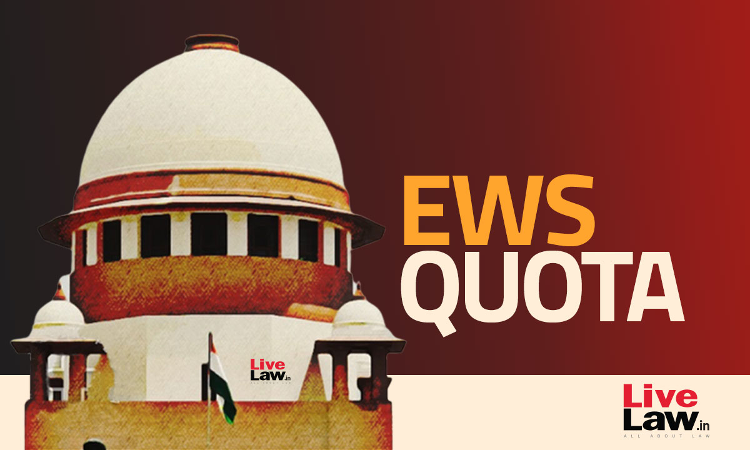EWS Reservation- Supreme Court Constitution Bench Hearing DAY 2- LIVE UPDATES
LIVELAW NEWS NETWORK
14 Sept 2022 10:33 AM IST

Live Updates
- 14 Sept 2022 2:57 PM IST
Khurshid: In the list of Mandal commission, every protected class is based on caste. And it's true for other religions too- such as Islam/ Sikhism. What are the parameters to see which caste has been converted to class is what I'll look into.
[Refers to Indira Sawhney judgement]
Next Story


